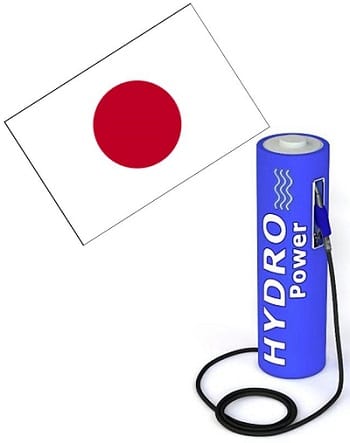Japan shows more favor for hydrogen fuel cells
February 1, 2016Japanese government aims to support the adoption of fuel cell vehicles for the sake of clean transportation
The Japanese government has become heavily involved in clean transportation and believes that hydrogen fuel cells may be the key to unlocking a more environmentally friendly future for the auto industry. A new government program designed to support fuel cell vehicles is currently underway, aiming to promote the purchase of these vehicles as well as the development of a comprehensive hydrogen fuel infrastructure. Fuel cell vehicles may help Japan reduce emissions by a considerable margin, allowing the country to meet it environmental goals.
Project aims to support the expansion of fuel cell vehicles throughout the country
The new project was launched by Japan’s Environment Ministry, which intends to see the auto industry become more environmentally friendly. The project is somewhat focused on using renewable resources, such as wind and solar energy, to generate hydrogen fuel. Renewable hydrogen production is becoming a major priority for those using fuel cells, as this is often considered a more environmentally friendly and less expensive way of producing this clean fuel.
New hydrogen fueling equipment will make use of renewable energy
 The project aims to establish 100 sets of hydrogen supply equipment throughout Japan by 2019. This equipment will be based on the use of renewable energy, allowing wind and solar power to be used to produce hydrogen fuel. Each set of this particular equipment is somewhat expensive, but the Japanese government believes that the equipment will help make hydrogen fuel cells more attractive to various parties, especially those interested in clean transportation.
The project aims to establish 100 sets of hydrogen supply equipment throughout Japan by 2019. This equipment will be based on the use of renewable energy, allowing wind and solar power to be used to produce hydrogen fuel. Each set of this particular equipment is somewhat expensive, but the Japanese government believes that the equipment will help make hydrogen fuel cells more attractive to various parties, especially those interested in clean transportation.
Demand for fuel cell vehicles is on the rise among Japanese consumers
Fuel cell vehicles have yet to become popular in many parts of the world, but consumers in Japan have shown strong interest in these vehicles. Toyota recently launched its first fuel cell vehicle in Japan and found that demand for the vehicle grew so quickly that the automaker had to increase production. Japan placing focus on the adoption of fuel cell vehicles is good news for companies developing such vehicles and those investing in the establishment of a hydrogen fuel infrastructure.

 With over 15 years of reporting hydrogen news, we are your premier source for the latest updates and insights in hydrogen and renewable energy.
With over 15 years of reporting hydrogen news, we are your premier source for the latest updates and insights in hydrogen and renewable energy.
Let us assume for a moment that half the cars on the road are battery cars needing to be charged from the grid. Except that there is no such grid that can charge these many cars before blowing transformers left and right. But hydrogen cars — like gasoline cars — store their energy in the fuel molecules themselves and do not need to transfer huge amounts of raw power over wires. This is what makes hydrogen the sensible choice for transportation — and also what makes the search for the ideal battery foolish.
Yet this point was missed by our former Energy Secretary, Steve Chu. From the get go he turned his back on hydrogen and continued to do so for the next five years on the job. Now we find ourselves with all of our country’s energy eggs in the battery car basket and need to jump-start hydrogen investment just to catch up.